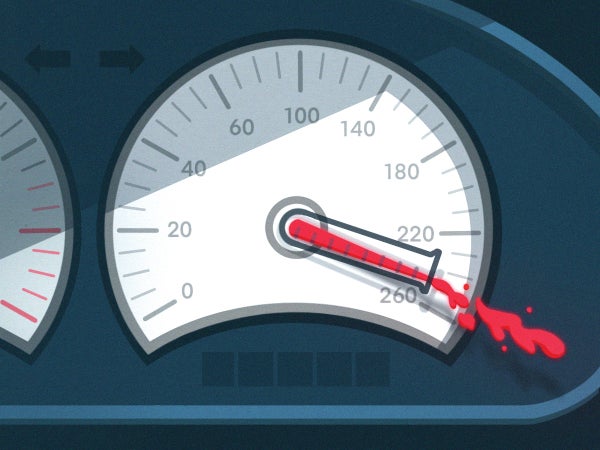The Dangers of Fast Science
Scientific research needs to slow down, not speed up, to produce trustworthy results
A theme at this year’s World Economic Forum (WEF) meeting in Davos, Switzerland, was the perceived need to “accelerate breakthroughs in research and technology.” Some of this framing was motivated by the climate emergency, some by the opportunities and challenges presented by generative artificial intelligence. Yet in various conversations, it seemed to be taken for granted that to address the world’s problems, scientific research needs to move faster.
The WEF mindset resonates with the Silicon Valley dictate—usually credited to Mark Zuckerberg—to move fast and break things. But what if the thing being broken is science? Or public trust?
The WEF meeting took place just a fortnight after Harvard University President Claudine Gay stepped down after complaints were made about her political science scholarship. Gay’s troubles came on the heels of the resignation of Stanford University President Marc Tessier-Lavigne, after an internal investigation concluded that his neuroscience research had “multiple problems” and “fell below customary standards of scientific rigor.” In response, Gay requested corrections to several of her papers; Tessier-Lavigne requested retraction of three of his. Although it may be impossible to determine just how widespread such problems really are, it’s hard to imagine that the spectacle of high-profile scholars correcting and retracting papers has not had a negative impact on public trust in science and perhaps in experts broadly.
On supporting science journalism
If you’re enjoying this article, consider supporting our award-winning journalism by subscribing. By purchasing a subscription you are helping to ensure the future of impactful stories about the discoveries and ideas shaping our world today.
In recent years we’ve seen important papers, written by prominent scientists and published in…
Read the full article here







